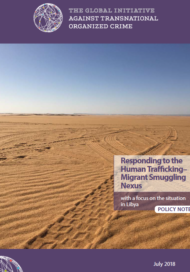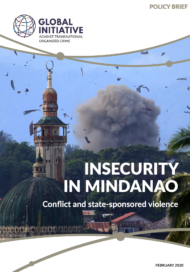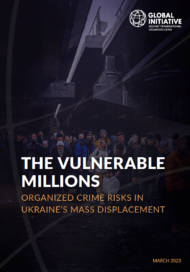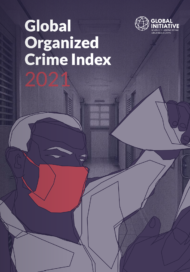Posted on 16 Jul 2018
Probably nowhere more than in Libya have the definitional lines between migrant smuggling and human trafficking become as blurred or contested. Hundreds of thousands of migrants have left Libya’s shores in the hope of a new life in Europe; tens of thousands have died in the process.
The inhumane conditions migrants face in Libya are well documented. The levels of brutality and exploitation they experience in Libya’s turbulent transitional environment have led to smuggling and trafficking groups being bundled under one catch-all heading by authorities and policymakers, and targeted as the root cause of the migration phenomenon. In many respects, this would appear to conveniently serve the interests of EU leaders and governments, who choose to disguise the anti-migration drive they urgently seek support for behind a policy of cracking down on both trafficking and smuggling rings, which they conflate as a common enemy, and one and the same.
Given the highly complex context of Libya, this report proposes instead that any intervention to address the so-called migrant crisis should place the human rights of migrants at its centre, as opposed to necessarily demonizing smugglers, who are often the migrants’ gatekeepers to a better existence elsewhere.




